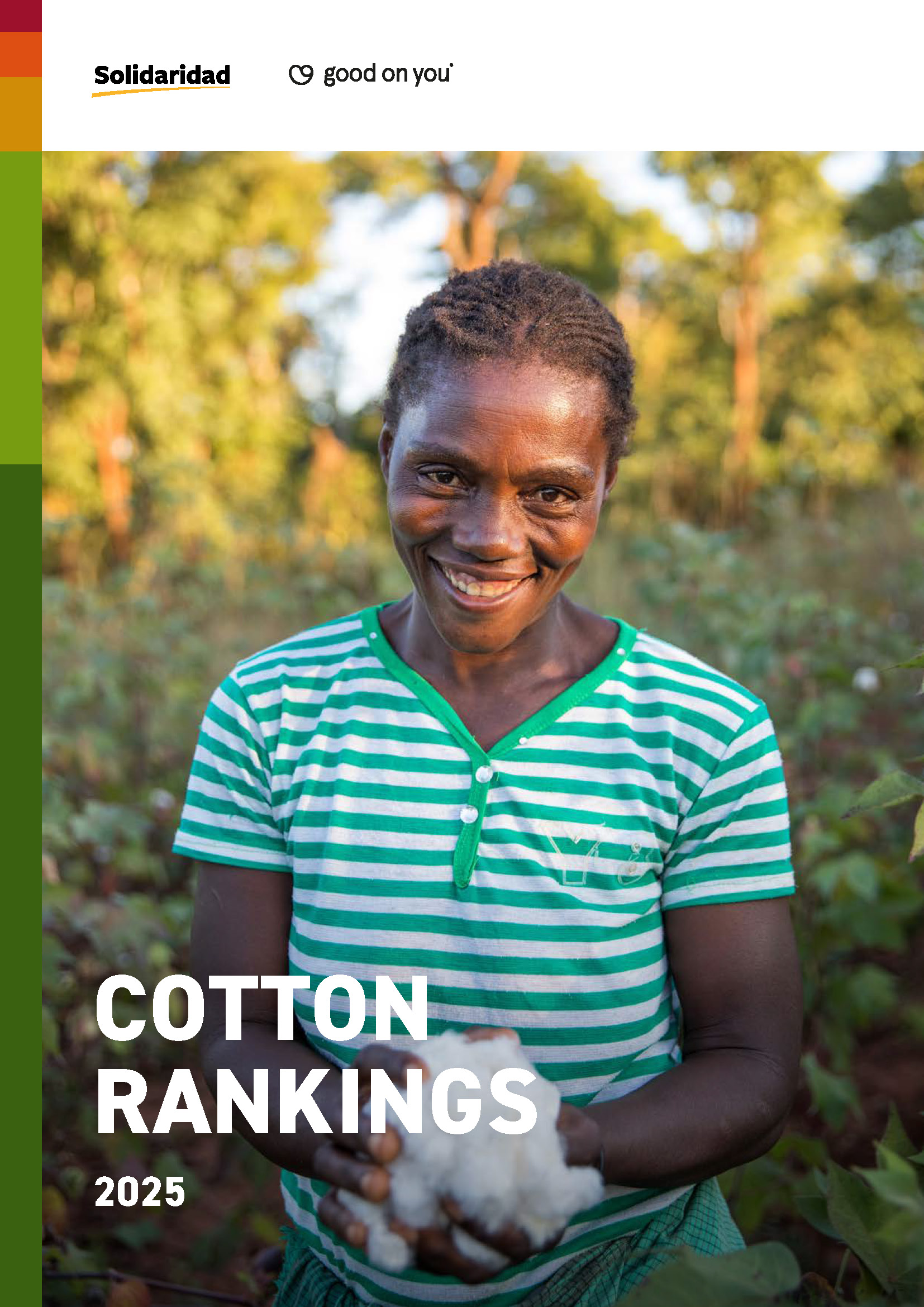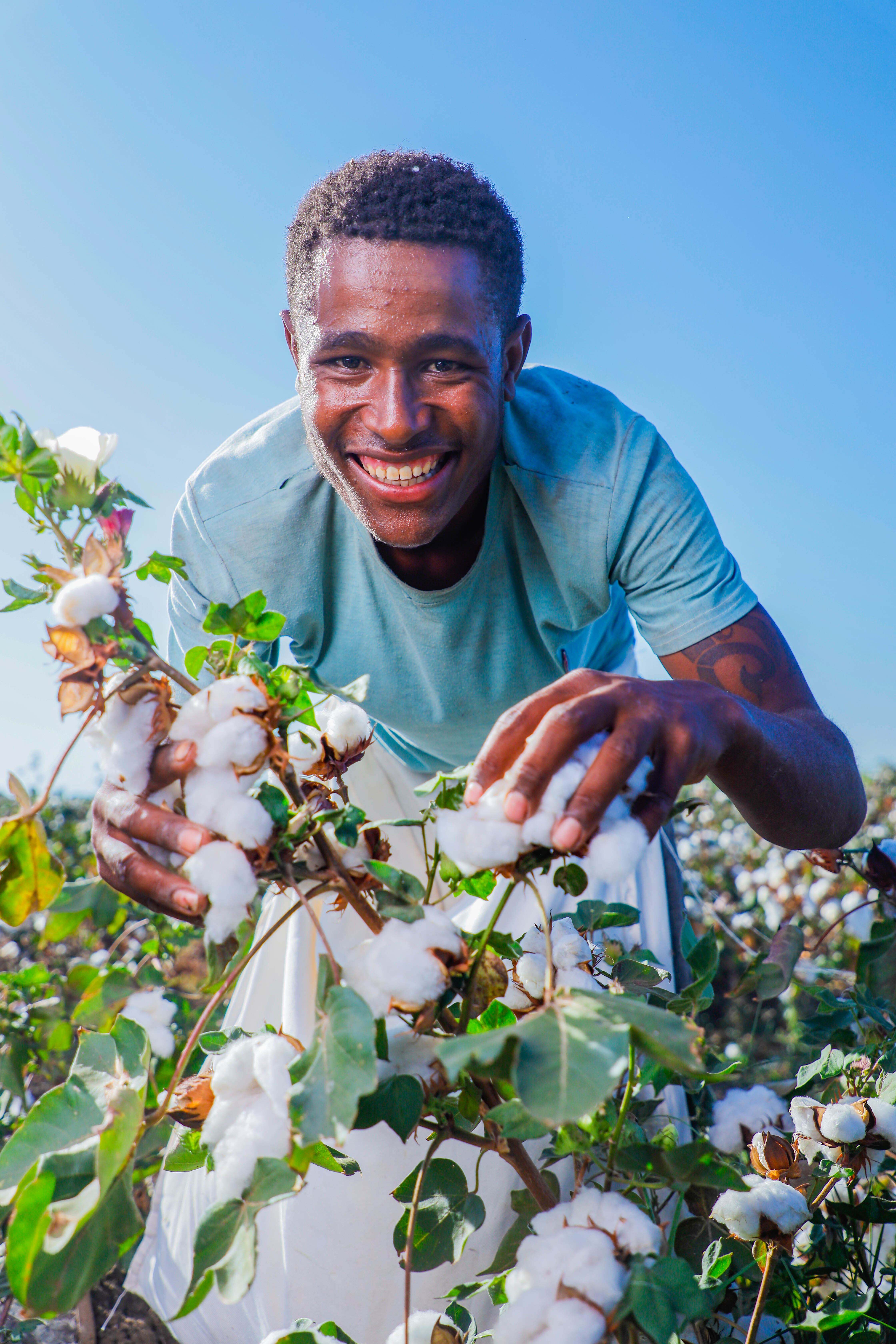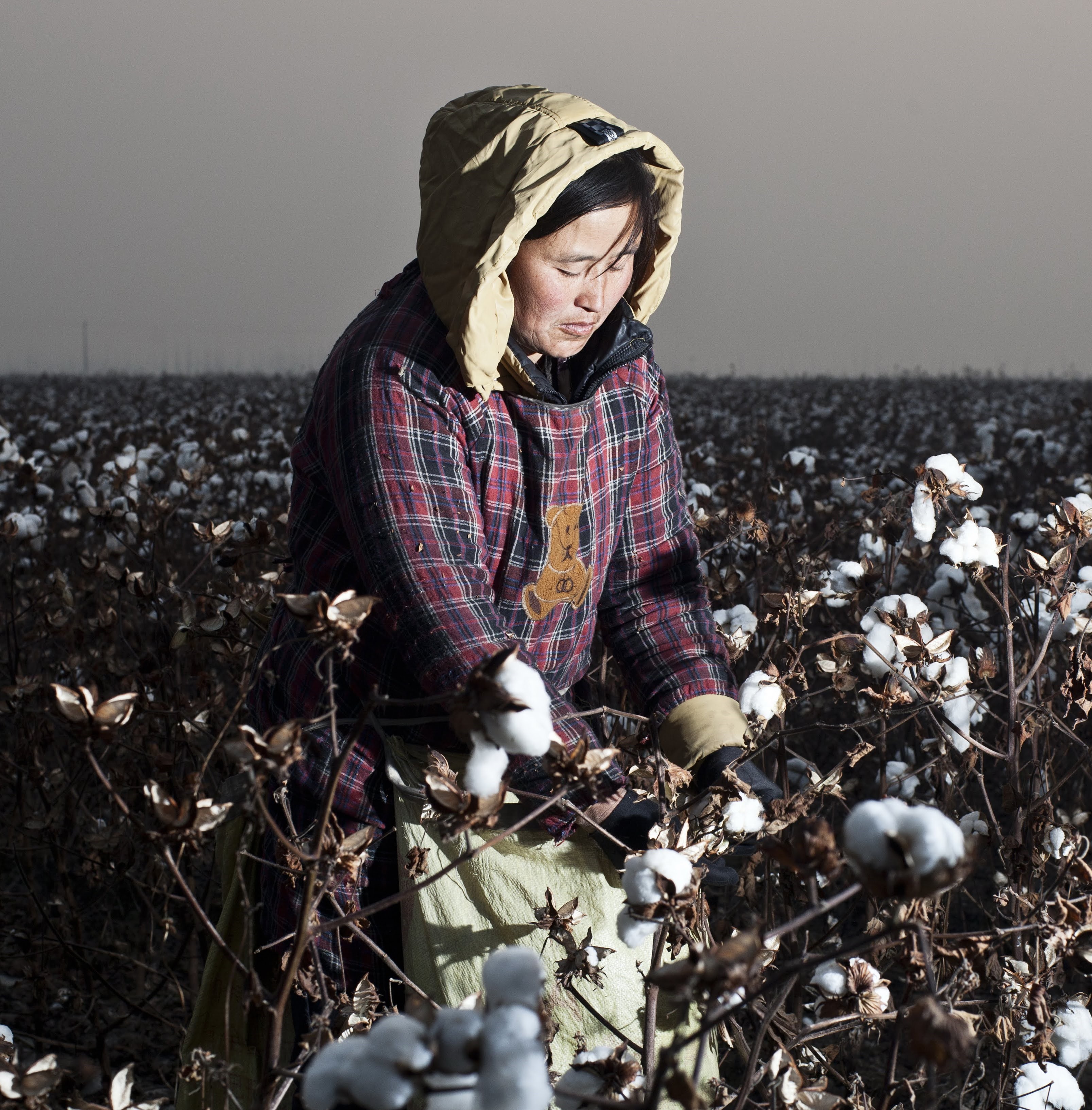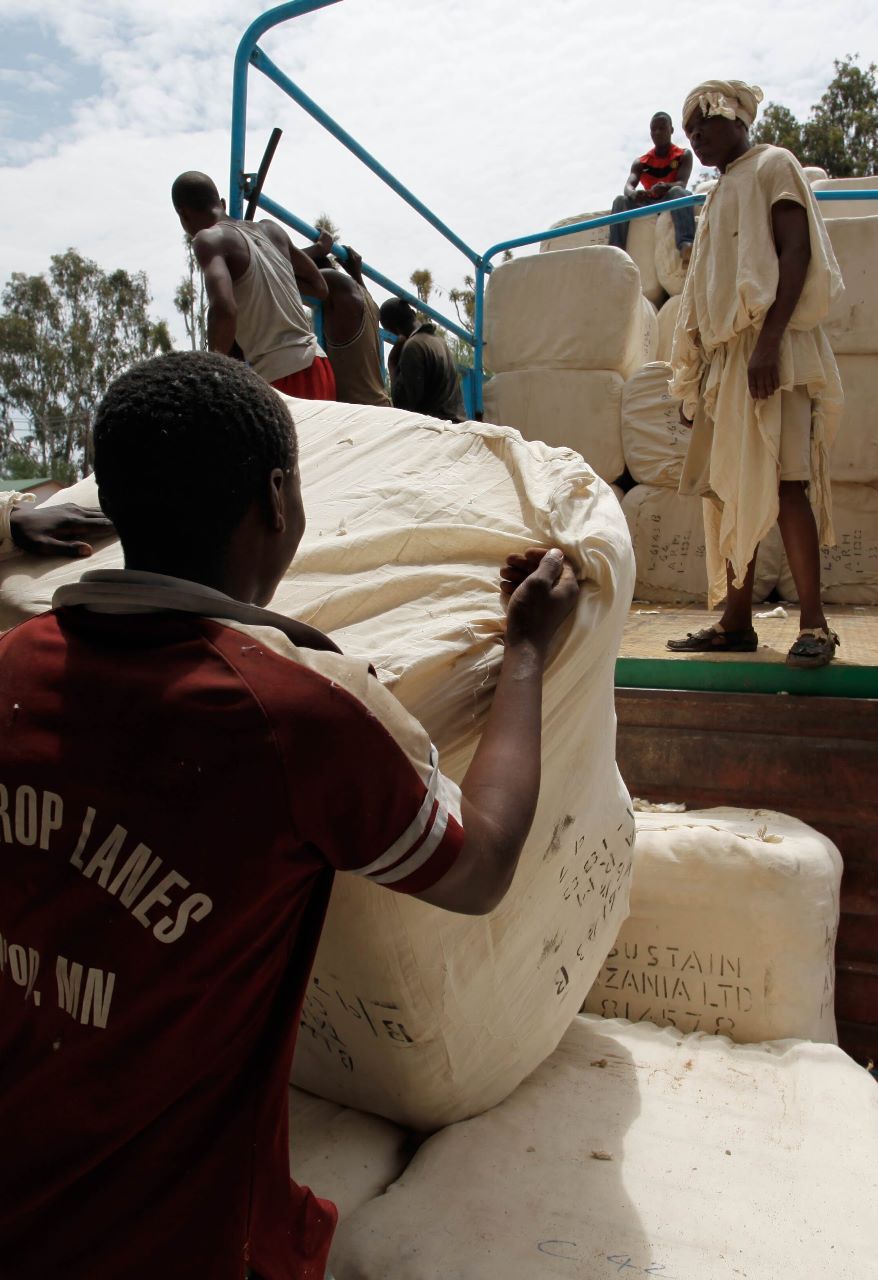Cotton Papers
The Sustainable Cotton Hub includes a collection of in-depth papers examining the state of sustainability in the cotton sector. Each paper will look into a specific topic in this field.

The fashion industry is undermining the potential of sustainable cotton for farmers and the environment by relying on uncertified cotton and synthetic fibres, finds the latest Cotton Rankings published by Solidaridad and Good On You. The 2025 Rankings covering the cotton sourcing of the top 100 fashion brands, also reveals that the fashion industry still lacks transparency on their purchasing practices.

In the face of agrochemical overuse, the expansion of monocultures, and poor water management, biodiversity in cotton growing regions is under threat, reveals the latest Cotton Paper.
Cotton and Biodiversity, a report by Solidaridad and the Organic Cotton Accelerator (OCA), reveals that biodiversity in cotton growing regions is under threat across three levels: genetic, ecosystem, and species diversity. With around 35 million hectares under cotton cultivation globally, approximately 2.5 percent of Earth’s arable land, this threat should not be taken lightly, with the potential for cotton farming to play a role in the ongoing decline of global biodiversity remaining a concern.
Cotton and Bioversity delves into some of the key contributing factors to biodiversity loss in cotton farming, and shows how smallholder farmers, supported by governments, companies and civil society, can help to end biodiversity loss in cotton farming, or even reverse it.
For many smallholder cotton farmers, business as usual means poverty, forced labour, and exposure to harmful pesticides. This is the main message of our newly published Cotton and Labour paper.
The Sustainable Cotton Hub offers up-to-date insights into some of the most intractable issues facing cotton farmers. The paper puts poverty, forced labour and exposure to harmful pesticides into the context of the wider problems facing the industry, and offers recommendations to a variety of actors on how to address them.
The paper looks at how these issues are inflected by gender, worsened by market volatility, and how new legislation in the EU might serve as a starting point to ending this destructive ‘business as usual’ approach.

Cotton has more potential for sustainability than synthetic fibers, but if retailers and brands don’t change their relationship with cotton farmers and their value chains, the damage to livelihoods, environments, and future production may become irreversible.
The 2020s are the decade of action on climate change. Everyone in the cotton value chain is being affected by climate change, as well as contributing to it. The need to accelerate our efforts is becoming clearer as more extreme climate events occur, which themselves are affecting cotton production.
This paper highlights the responsibility of corporate actors in the cotton value chain, most especially consumer-focused retailers and brands, about the need to address cotton production in a changing climate.

The first Paper explores the topic of Cotton and Corporate Responsibility. It highlights the responsibility of corporate actors in the cotton value chain, most especially consumer-focused retailers and brands. The accompanying company rankings look at which large companies are doing the bare minimum of sourcing 100% of their cotton from certified sources.
Companies can create a world where being a cotton farmer does not mean a life of poverty. They can enable producers to adapt and grow cotton in a changed climate. And consumers can buy cotton with the confidence that it has been grown without harming people or the planet. These are entirely achievable possibilities.